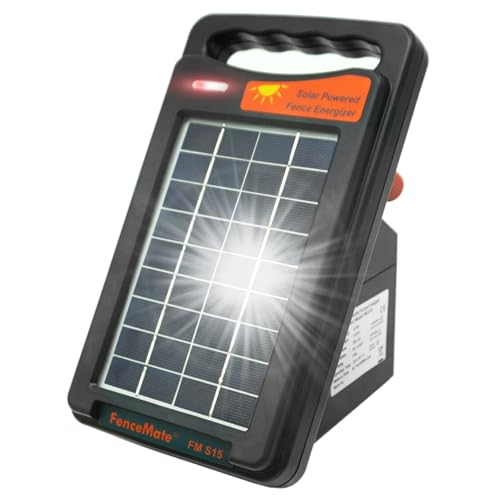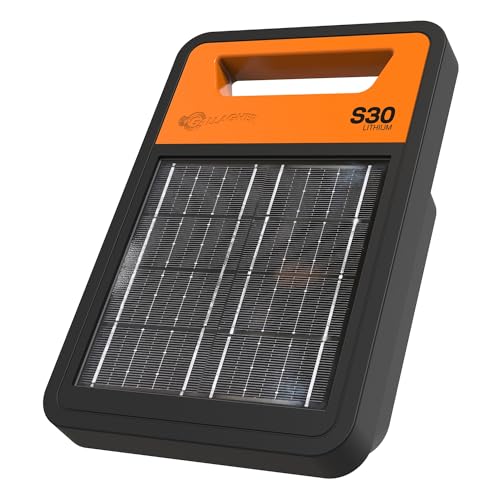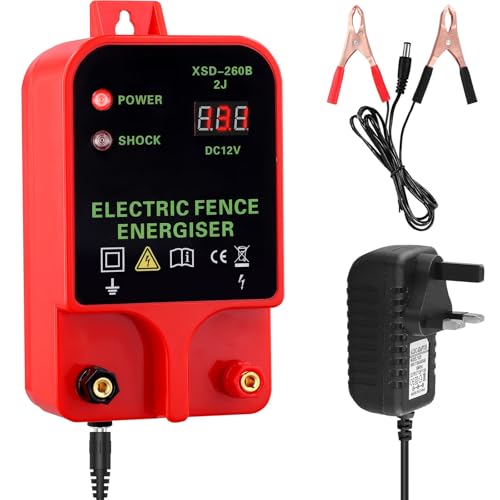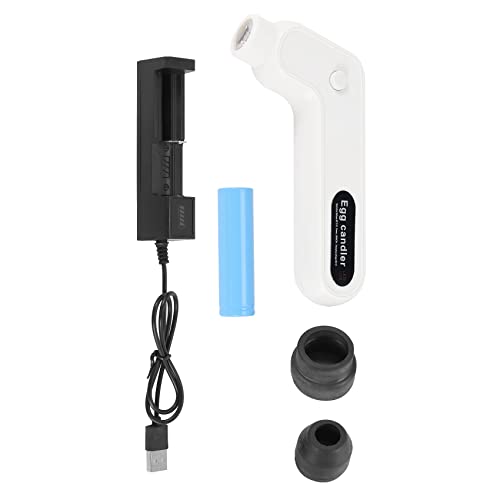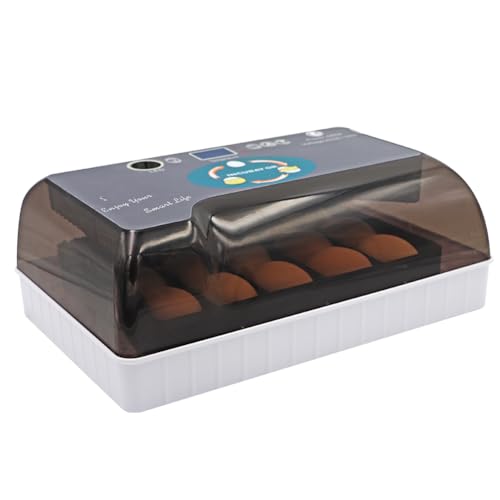Understanding Solar Electric Fences: What They Are and How They Work
What is a Solar Electric Fence?
A solar electric fence operates using energy harnessed from the sun. Unlike traditional fences, which can be costly to install and maintain, solar electric fences provide a low-cost, sustainable option that employs solar panels to power the energiser. This energiser sends a pulse of electricity through the fence line, creating a barrier that deters animals and uninvited guests. Imagine having a robust boundary that runs on renewable energy—this not only protects your property but also aligns with environmentally friendly practices.
How Do They Function?
The core function of a solar electric fence involves the energiser, which converts the sun’s energy into a high-voltage pulse. These pulses travel along the wires of the fence, creating an electric barrier. When an animal or person touches it, they receive a brief shock, discouraging them from trying to breach the perimeter again. The system is particularly handy for farmers and property owners seeking to keep livestock contained or protect gardens from wildlife.
Key Benefits of Solar Electric Fences for Your Property
Cost-Effective Security
Opting for solar electric fences can significantly reduce ongoing electricity costs. Since they harness solar energy, you will find less dependency on conventional power sources, which results in lower utility bills. This is particularly beneficial for remote locations where extending electrical lines can be expensive.
Eco-Friendly Solution
By using renewable energy from the sun, solar electric fences represent an eco-friendly alternative. They contribute to reducing your overall carbon footprint while providing effective security. Imagine protecting your property while also doing your part for the environment; it is a win-win situation.
Versatile Applications
Solar electric fences are incredibly versatile. Whether for keeping livestock secure, protecting gardens from deer, or delineating property boundaries, they can serve multiple purposes. This adaptability means that one system can meet various needs without requiring multiple installations.
Selecting the Right Solar Electric Fence System for Your Needs
Assessing Your Property Size and Layout
Before making a purchase, consider the size and layout of your property. Larger properties may require more extensive fencing and a more powerful energiser to ensure the pulses reach every section. Picture a sprawling farm needing an extensive grid—this necessitates careful planning and selection of the right system.
Choosing the Right Energiser
The energiser is the heart of your solar electric fence system. We recommend selecting an energiser based on the size of your fence and the types of animals or intruders you intend to deter. Smaller energisers may suffice for gardens, while larger systems are necessary for extensive fencing around livestock. Doing some initial research into the best options based on your specific needs will enable you to make a more informed decision.
Installation Tips for a Successful Solar Electric Fence Setup
Finding the Right Location for Solar Panels
The effectiveness of your solar electric fence hinges on proper placement of the solar panels. Ensure they receive adequate sunlight for several hours each day by positioning them away from any shade cast by trees or buildings. Consider the layout of your property and the path of the sun when deciding their location to maximise energy capture.
Securely Installing Fence Posts and Wires
Sturdy installation of fence posts and wiring is crucial for both effectiveness and longevity. Posts should be driven deep into the ground, while wires need proper tension to prevent sagging. We recommend checking local weather patterns—areas with high wind might need extra secure installations to avoid damage.
Maintaining Your Solar Electric Fence for Long-Lasting Performance
Regular Inspection of Components
For optimal performance, conduct regular inspections of your solar electric fence. Look for signs of wear or damage, especially after severe weather events. Checking the connections and ensuring the energiser is functioning properly can save you from issues down the road.
Cleaning Solar Panels for Maximum Efficiency
It’s essential to keep the solar panels free from dirt and debris to ensure maximum sunlight absorption. Regularly cleaning the panels will aid in keeping the system running efficiently. Set a schedule for cleaning that fits with your other maintenance tasks to keep everything in top shape.







